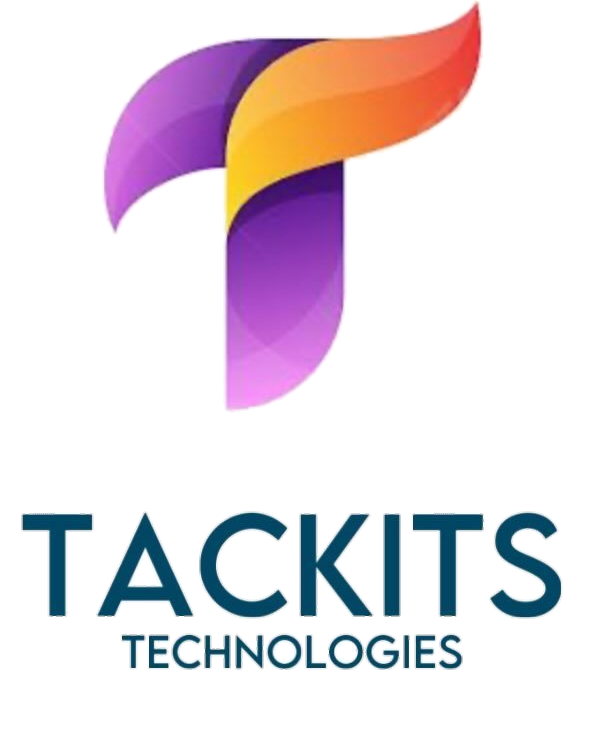Request a Free Quote
Enterprise Resource Planning (ERP)
Enterprise resource planning (ERP) is a software system that helps you run your entire business, supporting automation and processes in finance, human resources, manufacturing, supply chain, services, procurement, and more.
Key Functions of a ERP System
Finance & Accounting Management
Tracks financial transactions, manages budgets, handles general ledger, accounts payable/receivable, payroll, and generates financial reports. This module ensures compliance, accuracy, and real-time financial visibility.
Human Resource Management (HRM)
Manages employee records, recruitment, onboarding, payroll, performance evaluation, and attendance. Some ERPs also include self-service portals for employees to manage their own HR tasks.
Supply Chain & Inventory Management
Monitors the movement of goods and materials across procurement, manufacturing, warehousing, and delivery. Ensures optimal inventory levels, demand forecasting, and supplier management.
Customer Relationship Management (CRM)
Handles sales, marketing, and customer service activities. Tracks leads, opportunities, customer interactions, and helps in improving sales and customer retention.
Manufacturing & Production Management
Plans and monitors production processes, including bill of materials (BOM), work orders, machine scheduling, and quality control. Helps optimize resources and improve manufacturing efficiency.
Procurement & Purchase Management
Manages the purchasing of raw materials, equipment, and services. Tracks supplier performance, purchase orders, approvals, and costs, ensuring efficient procurement processes.

